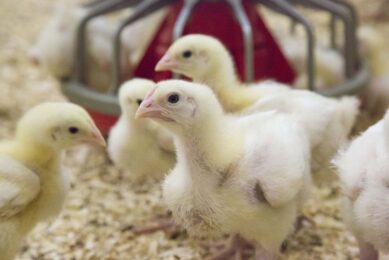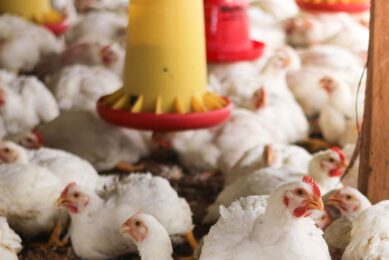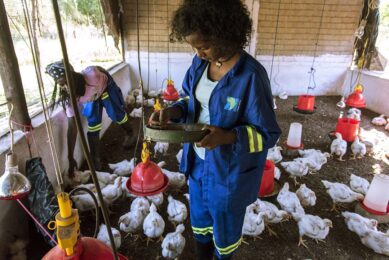70% more food needed
Agriculture must become more productive if it is to feed a much larger world population while responding to the daunting environmental challenges ahead, FAO Director-General Jacques Diouf said in his openings address at a 2-day ‘High-Level Expert Forum – How to Feed the World in 2050’ in Rome.
Diouf told the 300 delegates that over the next 40 years the combined effect of population growth, strong income growth and urbanization is expected to result in almost the doubling of demand for food, feed and fibre.
“Agriculture will have no choice but to be more productive,” said Diouf, noting that increases would need to come mostly from yield growth and improved cropping intensity rather than from farming more land, despite the fact that there are still ample land resources with potential for cultivation, particularly in sub-Sahara Africa and Latin America. He also noted that while organic agriculture contributes to hunger and poverty reduction and should be promoted, it cannot by itself feed the rapidly growing population.
World population is projected to rise to 9.1 bln in 2050 from a current 6.7 bln, requiring a 70% increase in farm production.
In addition to a growing scarcity of natural resources such as land, water and biodiversity “global agriculture will have to cope with the effects of climate change, notably higher temperatures, greater rainfall variability and more frequent extreme weather events such as floods and droughts,” Diouf warned.
Climate change will reduce water availability and lead to an increase in plant and animal pests and diseases. The combined effects of climate change could reduce potential output by up to 30% in Africa and up to 21% in Asia, the FAO Chief noted.
“The challenge is not only to increase global future production but to increase it where it is mostly needed and by those who need it most,” he stressed. “There should be a special focus on smallholder farmers, women and rural households and their access to land, water and high quality seeds… and other modern inputs.”
The above text has been taken from the FAO media centre’s press release. The FAO underlines clearly the need for the global farming community to think about what to do.
What answers might the poultry industry have? It cannot sit aside and be proud about what has been established and how well poultry products are received by the consumers.
Can the poultry industry take a lead in paving the road for a sustainable growth in food production without jeopardizing animal welfare and environment issues? Here is a challenge…who takes the first step?
Join 31,000+ subscribers
Subscribe to our newsletter to stay updated about all the need-to-know content in the poultry sector, three times a week. Beheer
Beheer








 WP Admin
WP Admin  Bewerk bericht
Bewerk bericht